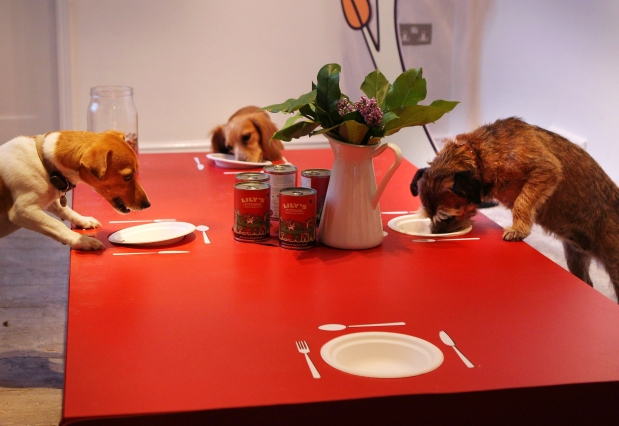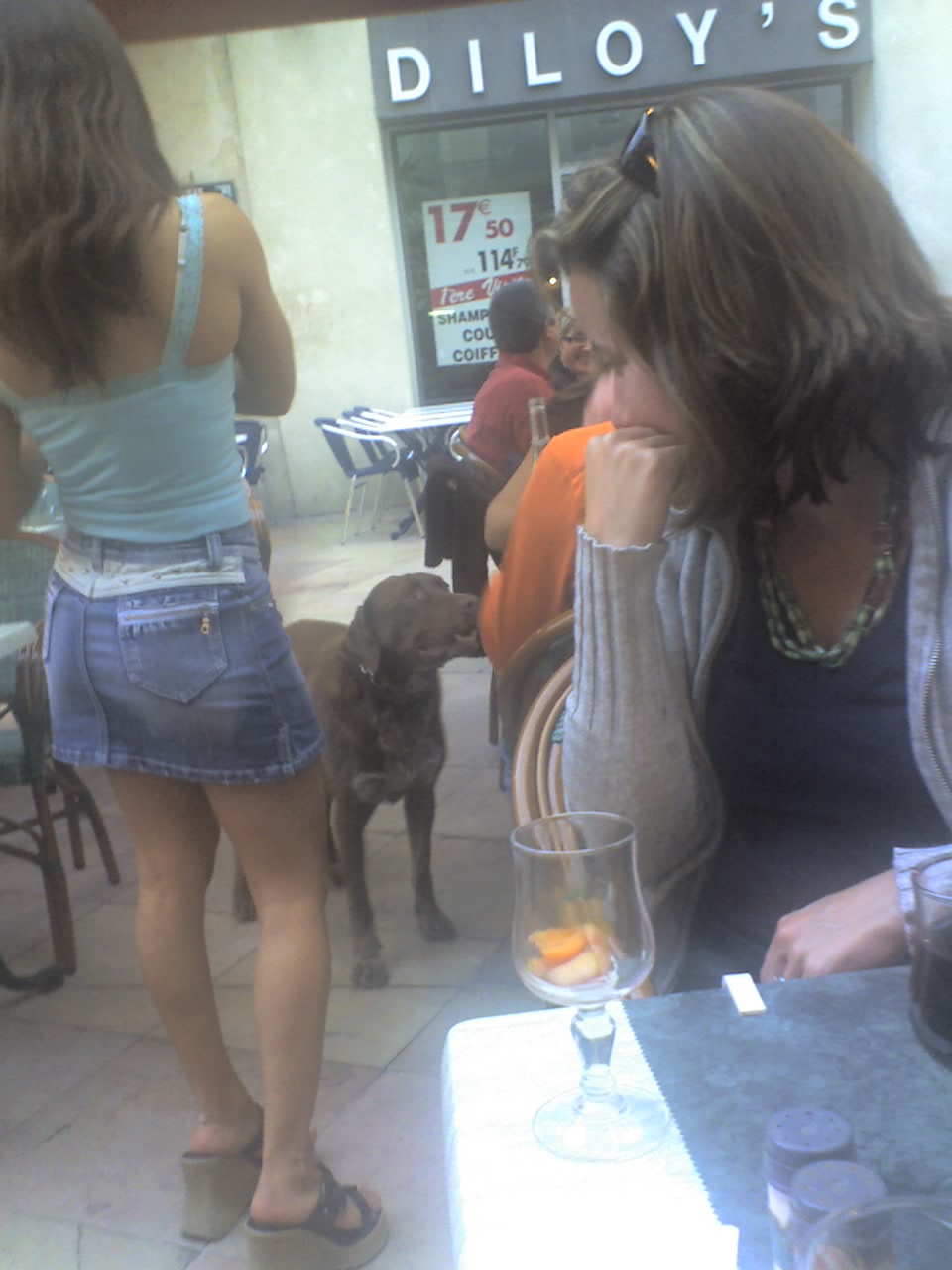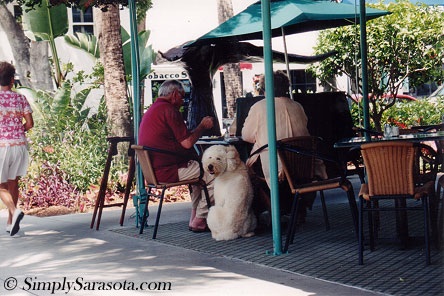When I first opened the Kansas State Collegian yesterday morning, the following headline popped out: “Green, pet-friendly bar opens in Aggieville.” The story started:.jpg)
“Tail wagging, mouth drooling, riled up with excitement stands Tank the dog, welcoming bar patrons this Saturday to the newly renovated the Loft Bar and Grill.”
The owner added,
“We will be having many different types of animals outside the Loft — dogs, goats and even miniature Clydesdales.” Jacobson said. “Our bar is very pet-friendly.”
Actually, the Kansas Food Code prohibits animals on food establishments, unless they are assistance animals, according to code reference 6-501.115 found here.
Did Jackson read over the Food Code before opening his restaurant? Maybe he’s a rebel, or is he just playing it dumb?
The local health department inspectors would consider bringing pets to a restaurant a critical violation. Last year, Tanks Tavern, also in Aggieville, was cited two critical violations including: “live dog in bar and dog food stored under sink.”
As Amy and Doug wrote, “tripping, biting, dog fights, barking, allergies, and the transfer of dangerous microorganisms such as E. coli, salmonella and cryptosporidium” are some of the risks that come along with doggie dining.
Restaurants in Florida can apply for permits to allow dogs on their patio, if they meet certain conditions. Employees must not touch pets while handling food, and if they do, they must wash their hands. Customers should also wash their hands before eating and keep their pets off tables, chairs, and tables.
As far as I know, we are still in Kansas, where doggie dining is clearly prohibited.
These are my puppies:

 But not this kind of dogggy dining.
But not this kind of dogggy dining.

 Sharon Peters writes in today’s The USA Today
Sharon Peters writes in today’s The USA Today .jpg)


 It’s just too hot in Kansas.
It’s just too hot in Kansas. Dane Cook recently
Dane Cook recently .jpg) On Tuesday, the building manager took the stand and told the court that the actor is a serial offender, despite the signs in the gardens warning against animals pooping on the lawn. He also said he noticed "recurring small black poop being left behind in the backyard." The manager is alleged to have video footage of Cook’s pooch committing the offense.
On Tuesday, the building manager took the stand and told the court that the actor is a serial offender, despite the signs in the gardens warning against animals pooping on the lawn. He also said he noticed "recurring small black poop being left behind in the backyard." The manager is alleged to have video footage of Cook’s pooch committing the offense. “Pick up your dogs’ droppings.”
“Pick up your dogs’ droppings.” .jpg)
.jpg) Pet poop is a problem, but what’s the solution? Many cities have laws concerning scooping poo. Most states will issue a ticket ranging from $25 to
Pet poop is a problem, but what’s the solution? Many cities have laws concerning scooping poo. Most states will issue a ticket ranging from $25 to The
The  The
The